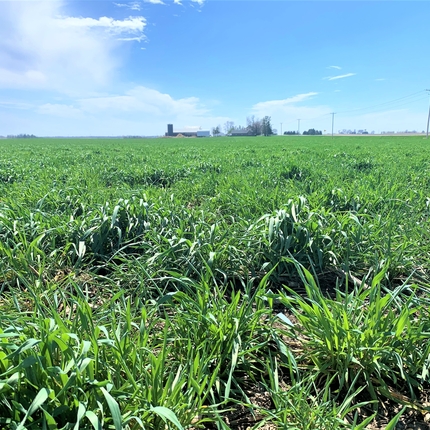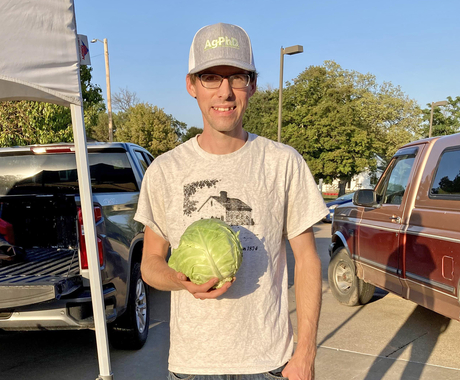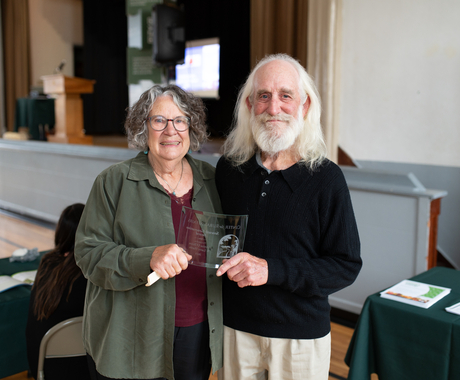By Deborah Van Fleet, Public News Service-Nebraska
Please note: Dennis Demmel serves as president of the Center for Rural Affairs Board of Directors.
One of the goals included in Nebraska's Department of Environment and Energy's Priority Climate Action Plan recently submitted to the federal Environmental Protection Agency is to increase the use of regenerative agricultural practices in the state.
The plan identifies "cover crops, no-till, and reduced reliance on chemical fertilizer" as important practices to improve soil health, which increases its ability to sequester carbon.
Dennis Demmel is now semiretired after farming 1,800 acres in Perkins County. He was a certified organic farmer from 2007 to 2016, and said cover cropping and no-till farming have greatly improved the state's soil health. He noted the changes "really accelerated" when people began to bring in livestock.
"I think of them as walking composters almost," Demmel observed. "They convert residue into manure, which also includes microbes coming from the rumen in the cattle and going into the soil to activate additional microbiology activity in the soil."
Letting cattle graze for just the right amount of time has also been shown to increase the ability of water to penetrate the soil.
Demmel pointed out improvements in technology such as cross-fencing make it easier to rotate cattle more often and prevent overgrazing. He does not raise cattle himself but has an arrangement with a nearby buyer, whose cattle graze on his perennial grasses and legumes.
Demmel emphasized it can be a mutually beneficial arrangement.
"When it gets hot and dry in August, we may be out of grass," Demmel explained. "If there was a neighbor that was growing cover crops for a year, you could go move cattle over to that. It brings about cooperation between neighbors, bringing cattle back into the operation from one farm that has cattle and the other one doesn't."
In addition to contributing to greenhouse gases, fertilizer runoff has led to high nitrate levels in ground, surface and well water in parts of Nebraska, which have been linked to pediatric cancers. Demmel argued farmers reluctant to reduce their fertilizer application because it will reduce their yield might be surprised at how organic and regenerative practices actually affect their bottom line.
"For example, in organic farming, we would have yields that were maybe substantially lower than conventional methods," Demmel recounted. "But when we looked at the bottom line, well, we were getting a better price for our crop."
Demmel explained with organic farming, microbes fix the nitrogen so there's less need for fertilizer, thereby reducing costs. And since cover crops help the soil retain water, irrigation costs may be reduced as well.
Click here to listen to the interview.





